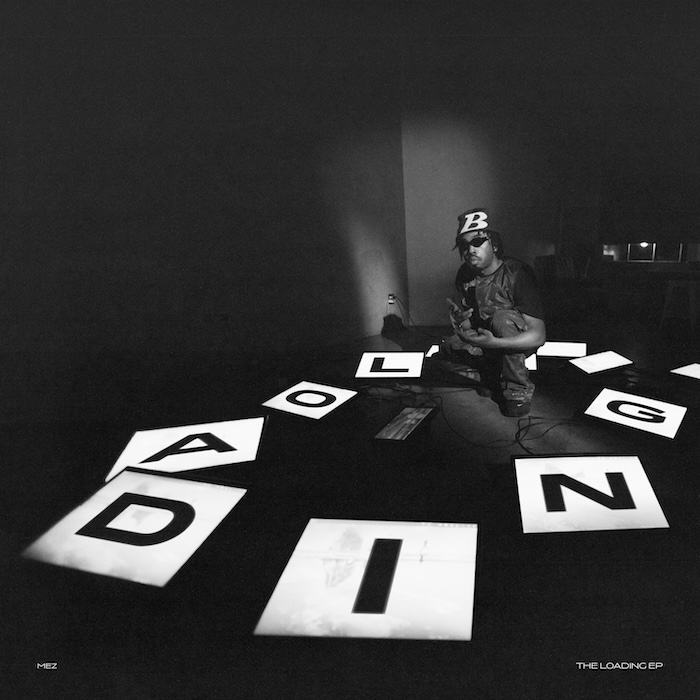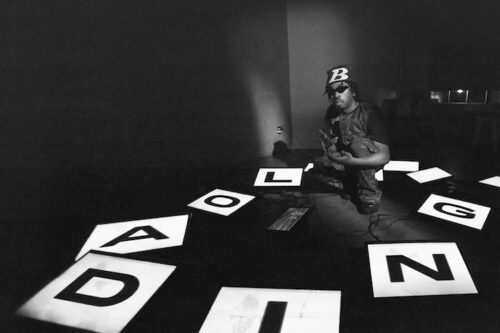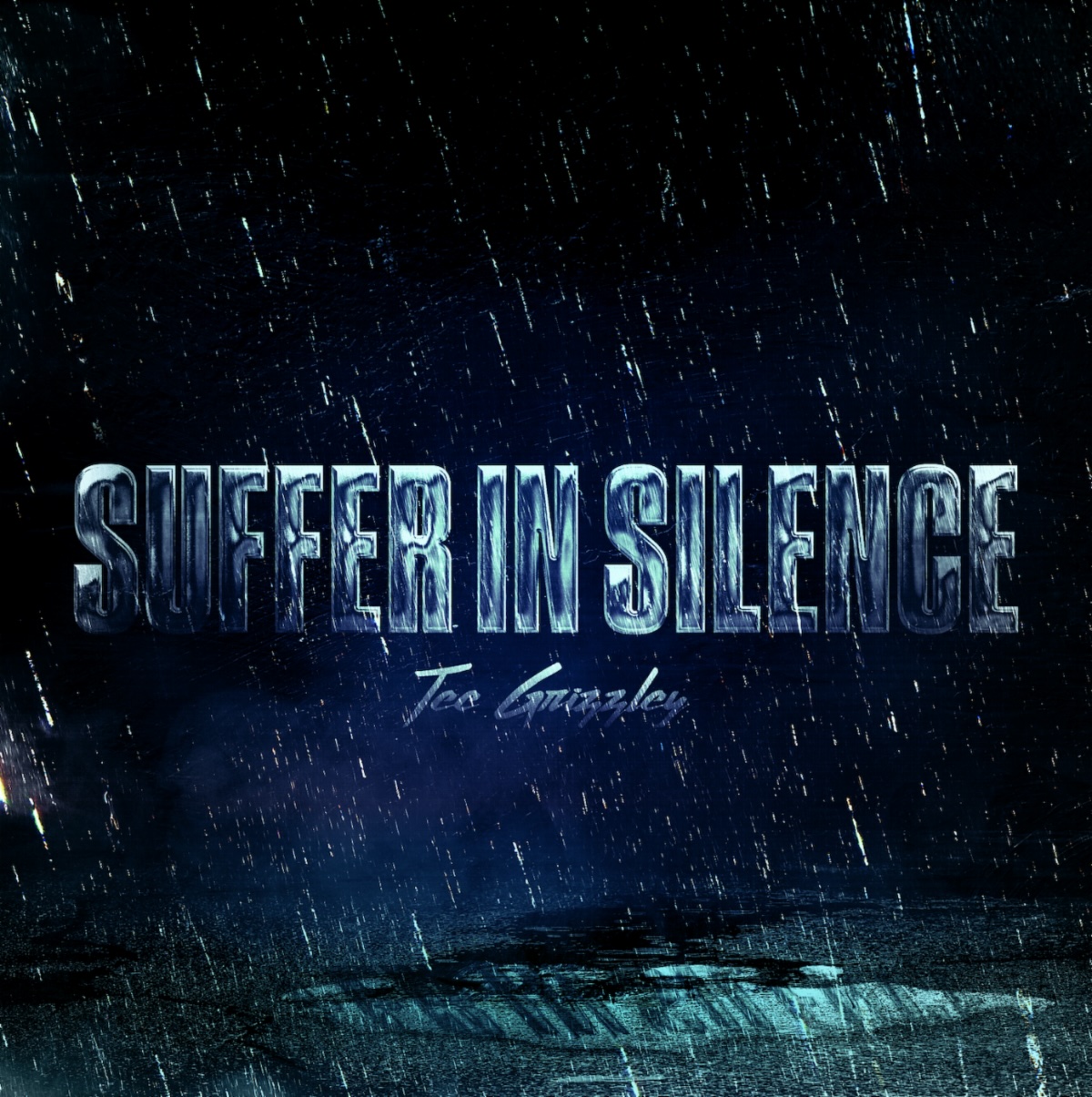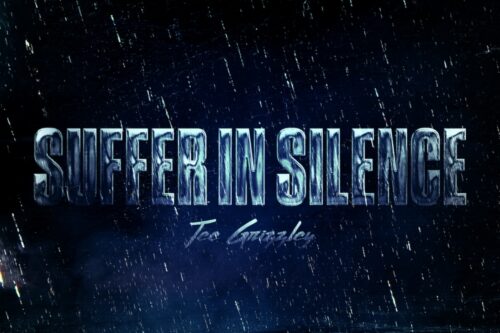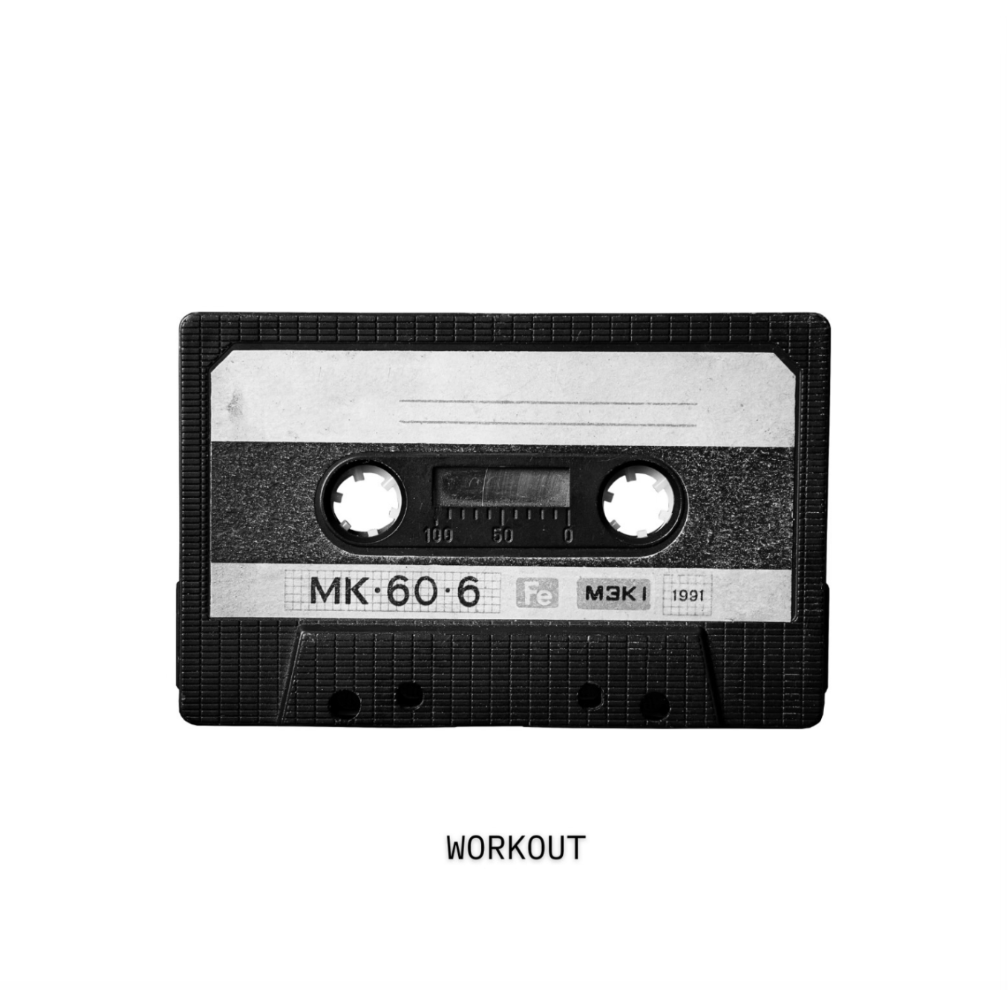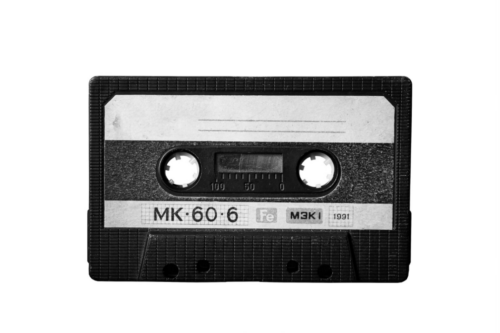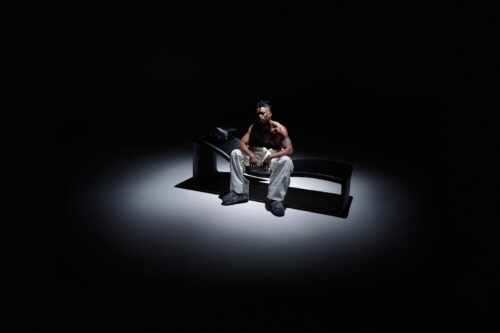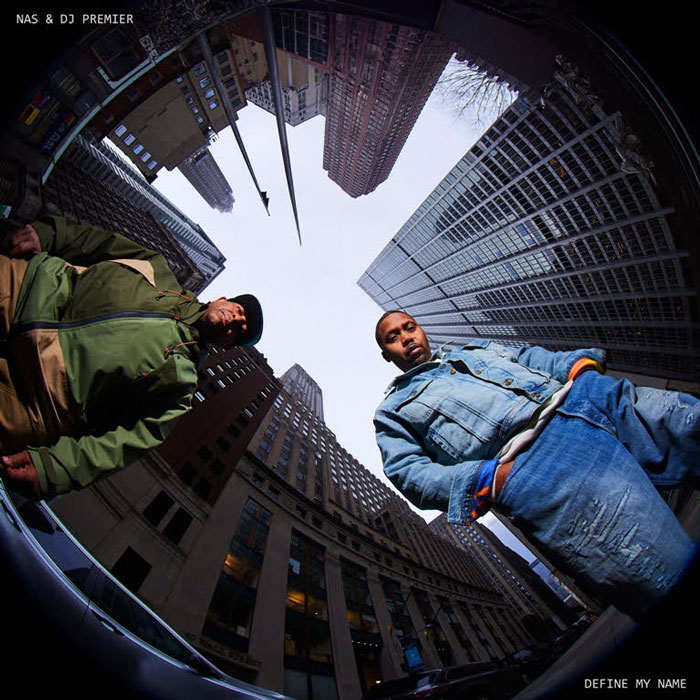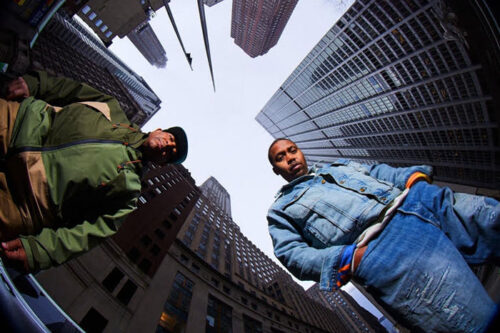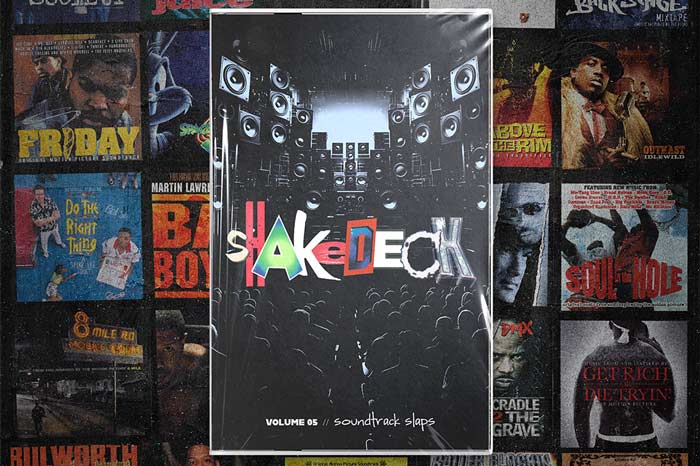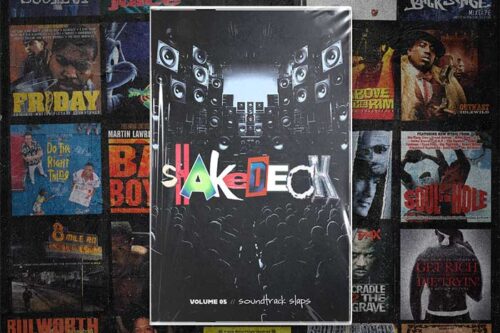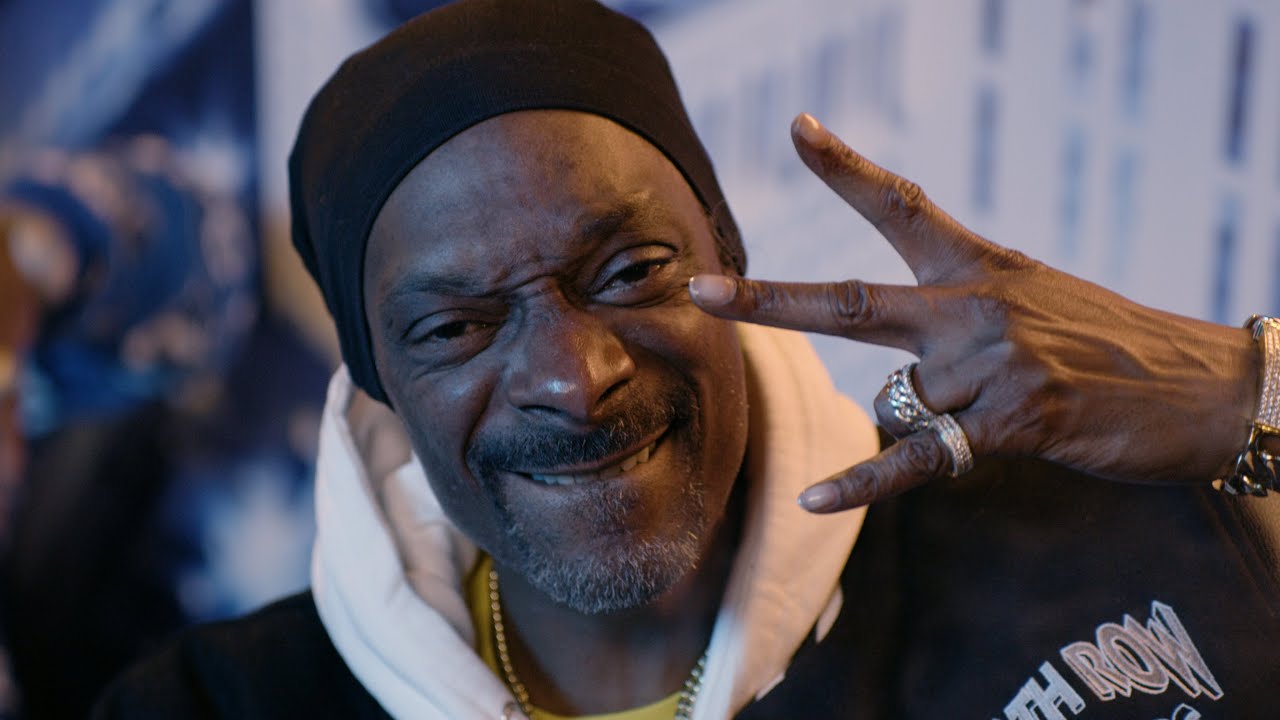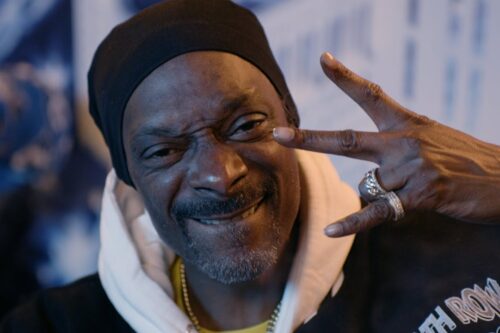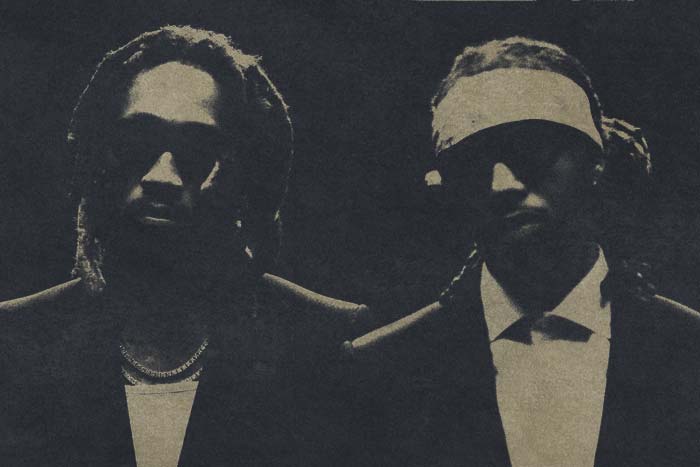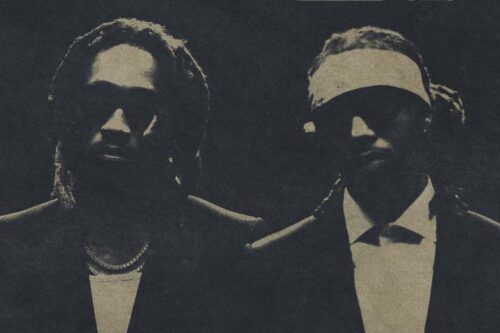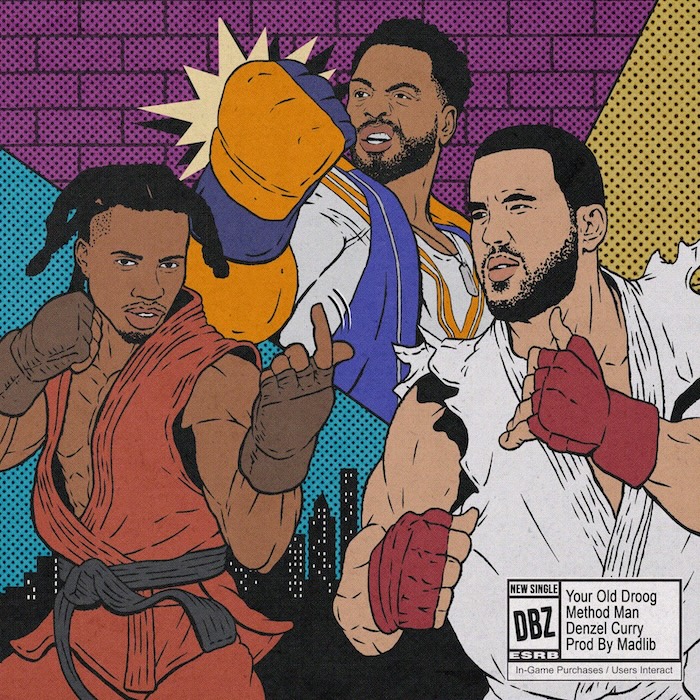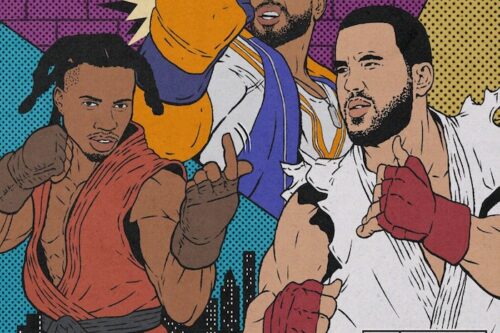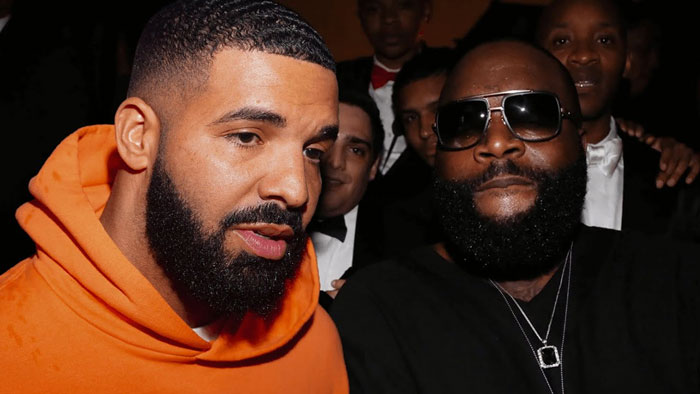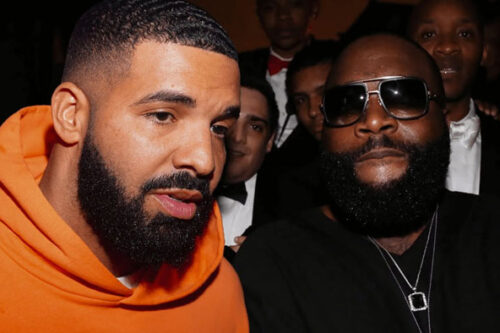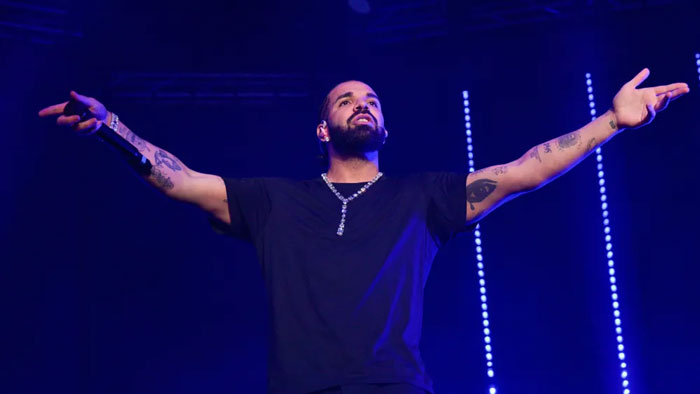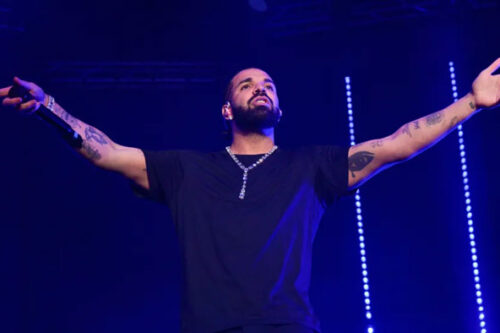
Words by Paul Thompson.
“I don’t make summer jams or albums based on time or seasons; my goal is to make quality music, timeless music. I’m not looking at the calendar.” – One Be Lo
One Be Lo is something of a folk hero. When Binary Star—a duo consisting of Senim Silla and our Nahshid Sulaiman—expanded their locally distributed debut Waterworld and pressed it up as Masters of the Universe, it took the underground like a whispered-about storm. Enhanced by the group’s apparent split (and Silla’s near-disappearance in general), the legend that was Masters has grown immeasurably in the 13 years since its release. In that time, indie rap blogs and record stores have become overrun with the often-pedantic yearning for how underground rap used to be, and Binary Star are often Exhibit A.
Of course, lots of that is just posturing. When the duo reunited last year to drop a mostly excellent EP, it fell on completely deaf ears. Similarly, One Be Lo’s solo career has been alternately hailed as brilliant and largely ignored. Part of this is the Michigan native’s commitment to spending years on album-oriented recording periods; a quick scan of his career shows no music that serves as a response to the climate of hip hop at a given time. Beyond that, he’s also removed from American hip-hop in a geographic sense: Lo and his family now live full time in Egypt.
I caught up with the legendary emcee to talk about the ongoing violence in the Middle East, the past and future of Binary Star, and how his own approach to music has evolved since his career began in the late ‘90s.
You’ve remained an independent artist throughout your career, which is obviously a huge factor when it comes to creative control and financial security through touring. But at the same time, you’ve had albums—BABY (Being A Black Youth), specifically—held up due to label issues. Is there any work that’s been on the shelf for a while that you’re determined for the public to hear?
I wouldn’t say that BABY was held up. If it is held up, then I’m the holder-upper [laughs]. But I’m not holding anything, I’m just writing my own story. I don’t frame my music in the context of the music industry. BABY was scheduled to be released with a company that folded. [Ed. note—the label, MYX, folded before any promotional cycles could begin.] I took that as a sign and opportunity to continue working on my story. From those events came the projects LABOR, Kick Push, [and] Laborhood 1, 2, and 3.
I released these in the midst of me moving in and out of Egypt, dealing with family, deaths, and just life in general. I wasn’t ready to have a baby [laughs]. I’m a conceptual artist. My discography consists of the following album [titles]: Project FETUS, SONOGRAM, STILLBORN, REBIRTH, LABOR, Kick Push, and soon BABY. My career is an organism that has its own life, inspired by life, not capitalism or the music industry. Best believe I’m always working on music, so there is always music in the vault. I put it out when I think it’s ready to come out.
Most of the music I make normally comes out a few years later. I don’t make summer jams or albums based on time or seasons; my goal is to make quality music, timeless music. I’m not looking at the calendar. For example, I was going to release SONOGRAM myself in 2003, but that album didn’t officially release until 2005. When it finally dropped, people were saying how my music was getting better, when actually there were songs on that record that were older than the Binary Star album.
I have instrumental projects that I think the world needs to hear. I have books that I believe the world needs to read. I have a lot to share, but there’s a difference between wanting to be heard, and needing to be heard. Some of the world’s greatest artist painted things that didn’t gain fame and attention until after they were dead. It’s more important for me to finish my work than it is for me to fit into some pre-sized rapper box. I believe my true fans past, present and future will appreciate that perspective. Hip-hop is the culture and [an] honest expression of self. At the end of the day, I make music for myself. I’m One Be Lo’s biggest supporter, fan and critic. I’m loving the process. It’s called life.
Masters of the Universe is cited as one of the formative records for the turn-of-the-century underground movement, which is often defined by back-to-basics emceeing. That’s represented on there, but you and Silla also tackled some pretty heavy subject matter. Was that something you guys consciously tried to do?
People say we tackled some pretty heavy subject matter, but I guess we never looked at it like that. Speaking for myself, I rap about what I know, then and now. If you look at the subject matter, most of the rhymes on that record were braggadocio, with the exception of “Caged Bird”, “Honest Expression”, and “Indy 500”. In general, we were just representing who we were, and showing off with words: ‘how can I say this or that in a way that’s never been said before?’ That’s the challenge for me. Whether it’s a love song or a battle verse. I definitely wanted to identify myself as an all around emcee, so that’s why you see love songs, battle rhymes, stories, life topics, mystery, and fiction.
I try to do the same thing with the beats, because we’re not always in the same mood. This is one of the [motivations behind] The Anonymous and me using all the different pseudonyms on different songs. Sometimes I’m in a One Man Army frame of mind, and other times its One Be Lo, or Mr. Hide. Hip-hop, in my opinion is the honest expression of self. So even the slang we use—or choose not to use—we feel should represent who we are as individuals. This is why we coined the term Waterworld, for example. Also, I don’t like to rhyme the same words, or the same patterns all the time. Another challenge is to always come different, with the patterns, with the subject matter, [et cetera]. I think we did that on Masters of the Universe and every record that we put out.
As a rapper, you’ve always been praised for your mic skills, but your album cuts are largely concept driven. How do you feel about the current gravitation toward music that’s tied together by aesthetics and loose themes?
I am a conceptual artist. The way I embrace music or anything that I like is all personal. When I go to a restaurant with my friends, I don’t feel a certain way about the food they eat. I’m not trying to be liked, I’m painting my pictures and then whoever likes them can enjoy, and if they don’t? Then I’m fine with that. I think people gravitate to what they like for whatever reason it is, and it’s all personal. I don’t sit back and think about what other people are doing like that, I spend most of my time living, learning, and creating more art. I pay attention to people because they are my muse, my canvas, my family. Not fans or competition or demographics.
One of the most resonant things you’ve ever written is the second verse on “Follow My Lead” [SONOGRAM, 2005]—specifically the bars reminding rappers that positive, accepted-by-the-underground content isn’t a pass to not be dope. [“Whether it’s college, religious, or street knowledge/I wanna hear them lyrics make sense, don’t state garbage/Listen, whatever you doin’, just do it with skill/Just because it’s positive don’t mean it’s something I feel/Keep it real”] Do you feel audiences will lower expectations based on someone’s subject matter?
Audiences raise and lower their expectations for all kinds of reasons [laughs]. My whole point in that verse was to say ‘make sure whatever you do is quality’. In the bookstore, there are many quality books of all categories, from fiction to history, to the metaphysical. There are some dictionaries in the bookstore that are wack, I’m sure [laughs]. Some people lower their expectations if the artist is gospel, or female, or Asian. I can’t really comment on why people do what they do or listen to what they listen to…some people focus more on the beats, others focus on the topic or the features on the record. I’m an emcee and writer who prefers good writing to everything else.
[Still,] I’ll pick dope spoken word over dope instrumentals, or the other way around depending on what I want at that moment. Kind of like food—I’m all about salad and hummus, but that doesn’t mean I won’t smash cookies and brownies [laughs]. I used to think that smart people were always smart and idiots only did stupid shit. Now I know that life is not that black and white. Geniuses make some of the dumbest mistakes, and some stupid people make some of the most intelligent decisions. Some people think it’s impossible for a One Be Lo fan to also like Lil Wayne or Kanye. That’s like me assuming that hip-hop fans would never listen to rock. Everybody is different. If I like it, I like it. If I don’t like it, I pass on it. I think most people are like that, so I respect what people like and don’t like.
On a similar note, you’re someone who has a forward-thinking ideology, and that’s reflected in your music. So how do you feel when you listen to rappers who might fly in the face of everything you believe in, but who are obviously immensely talented?
I live and learn. It’s possible to get just as much inspiration from wack rappers as I do from good ones [laughs]. In general, I focus on things that inspire me. I don’t look at rappers any different than I do non-rappers. My goal in life as a person or on the mic is to be the best that I can be. I don’t focus on what other people are doing or not doing with their talents. If I can inspire somebody, that’s great; if not that’s cool, too. I don’t look at us as competition unless I’m in a contest, and in most cases I’m not. I’m painting my own canvases with the tools that I have, that’s pretty much it. I played sports growing up. I wanted to beat the competition, so I focused on improving my own game, not criticizing theirs.
What inspired you to move to Egypt? How is your day-to-day different there, and what are the positives and the drawbacks of the move?
Many things inspired me to move to Egypt. Friends, family, education, Islam, Arabic language, history, culture, inspiration—just to name a few [laughs]. I could write a whole book about why I moved here. I view myself as a global citizen, not a citizen of Michigan, or Egypt. I have lived many places; I have been traveling the last 13 years of my life and now I’m in Egypt. I’m not sure where I’ll end up next, but the whole globe is my home, and the whole world is my family so I’m comfortable wherever I go. Here in Egypt I spend more time with my family, less time on the road. I spend more time reflecting on the things that I’m grateful for, and it’s probably due to me not being as busy on the road. Being a Muslim, I spend more time focusing on studying and meditation, and less distracted with…distractions [laughs]. I realize positives everyday, I’m just a positive thinker overall. I can’t think of many drawbacks, but I can say that I miss eating avocados everyday [laughs].
What’s your take on the current political strife over there?
People are not happy; it’s as simple as that. The economy is suffering, the politics are unstable, and many people want to see change for the better. Unfortunately, there are groups who profit from another groups losses and misfortunes. Some groups desire freedom and justice for all. Some groups want power. All around the world it’s the same song. There are many layers to the situation here in Egypt. If I had it all figured out, maybe I could run for president [laughs]. I’m studying those layers everyday. I talk to people, I read books, and I pay attention.
It’s a unique situation for this generation, but at the same time, I look at this as history repeating itself. Revolution is not a new concept. Neither is oppression, injustice, or tyranny. Democracy is a new concept in this part of the world. I don’t think many people in the West even know what democracy is. It seems like we confuse democracy with capitalism, with republic[s], with socialism, with [anything]. The same people who want democracy don’t vote, or they don’t feel as if they have [democracy]. What about the people who are less familiar with the process? In an Islamic country, there are terms like Shariah that are complex as well. On the ground there are people who have the right to live in a safe, productive, healthy world where there is justice for all. Whatever form that comes in, people want it. Many people here may not have the answers, but at least they have questions. Many people are resilient. Not only the Egyptians, but there are many refugees here from Sudan, Ethiopia, Syria, and Palestine, who have stories even more intense than the one that is unfolding in Egypt today.
I feel blessed to be here at such an important time in history. The passion and energy is amazing. The peoples’ struggle continues, as it has all over the globe. My prayers go out to the people of Egypt and all around the globe. Nobody knows how long it will take, but the people here are strong. The world is so much different than it was even ten years ago. I believe things will get better, maybe later than sooner, but eventually. If history repeats itself, then this is evolution that’s inevitable.
Thanks for your time. What’s next?
Beats, rhymes, and books. Stay tuned! Shoutout to the Autocons.

